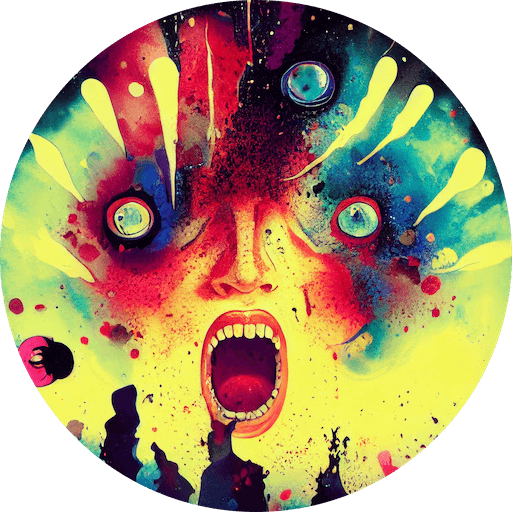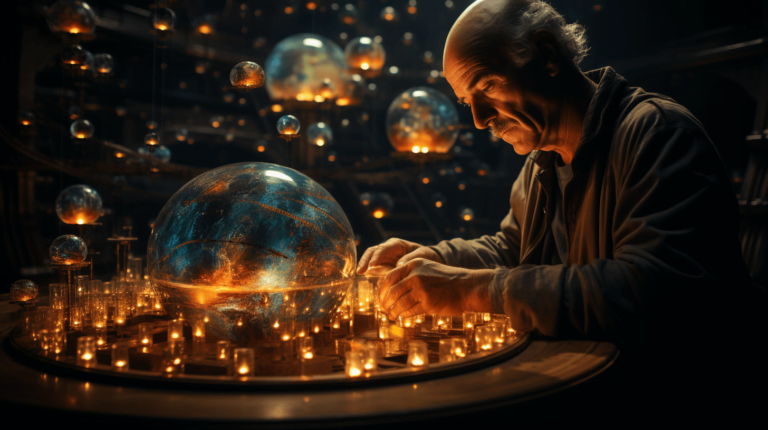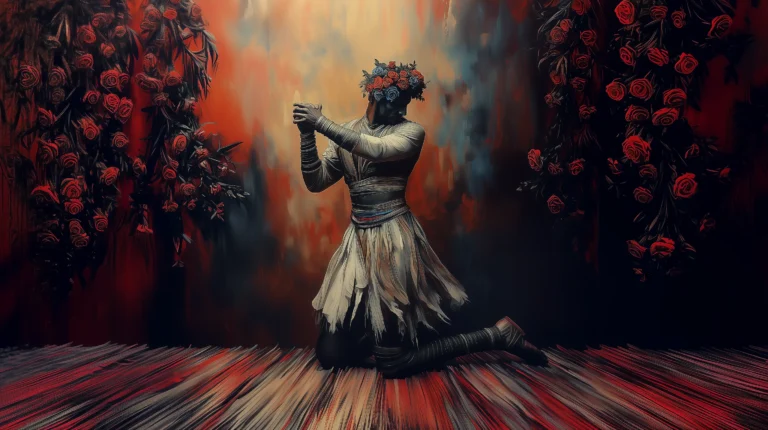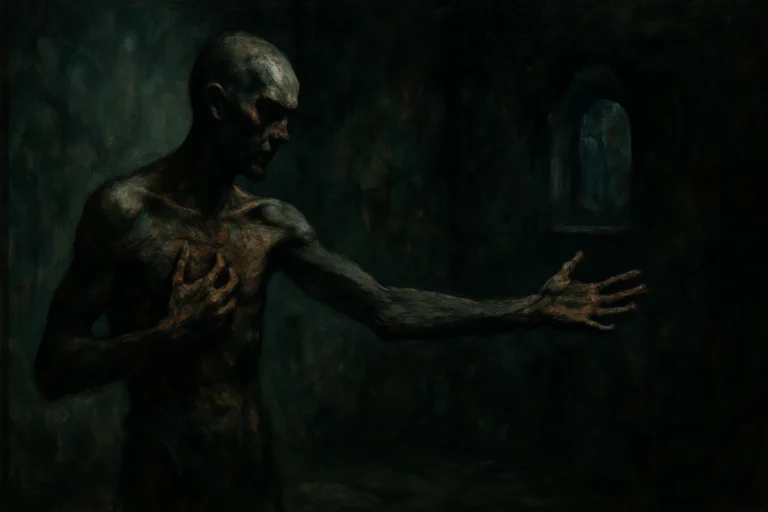The Sacred Psyche: Religion and Spirituality in Carl Jung’s Work
Carl Jung, a Swiss psychiatrist and founder of analytical psychology, was a pioneer in integrating the exploration of religion and spirituality into psychological theory and practice. Unlike many of his contemporaries who viewed religion skeptically, Jung saw it as central to human experience and psychological well-being. This article will explore the role of religion and spirituality in Jung’s work, with an eye for making the concepts accessible to beginners.
Religion and Spirituality: A Psychological Perspective
For Jung, religion and spirituality were not merely institutional or dogmatic systems; they were expressions of deep, universal psychological processes. He defined religion as “a careful and scrupulous observation… of… feelings and fantasies,” seeing it as a crucial way individuals relate to the mysteries of life that lie beyond the reach of rational understanding.
Jung was interested in diverse religious traditions, including Christianity, Buddhism, Hinduism, and Gnostic texts, and he found recurring symbols and themes across them, which he attributed to the collective unconscious — a level of unconscious shared by all humans, containing universal mental predispositions known as archetypes.
The Role of Archetypes
Archetypes, central to Jung’s theory, are innate, universal prototypes for ideas that we unconsciously use to interpret the world. Key religious figures or concepts such as God, the Devil, the Hero, and the Wise Old Man are, in Jung’s view, expressions of these archetypes. They give form to essential human experiences, providing a symbolic language through which the unconscious communicates with the conscious mind.
Religion, Individuation, and the Self
For Jung, religious symbolism and rituals facilitate the process of individuation, the journey towards psychological wholeness and self-realization. Central to this process is the archetype of the Self, representing the harmonious integration of the conscious and the unconscious aspects of the personality.
Jung saw religious experiences as encounters with the Self. For instance, experiences of the divine or the numinous often reflect moments when the ego (conscious self) comes into contact with the Self.
Religion and Healing
Jung also highlighted the therapeutic value of religious and spiritual practices. He believed that they could promote mental health by providing a framework for understanding suffering, fostering a sense of meaning and purpose, and facilitating a connection with the larger wholeness of the Self.
He recommended that patients explore their religious beliefs and engage with their religious symbols through methods like dream analysis and active imagination. However, he cautioned against blindly adhering to dogmas, emphasizing the importance of personal, experiential engagement with religious symbols.
Carl Jung’s View on Religion, the God-Image, and the Spiritual Journey
Carl Jung, a pioneering figure in the field of psychology, offered a unique and profound perspective on religion. His understanding of the human psyche led him to view religious experience not as an escape from reality, but as a critical pathway to deep self-understanding. Let’s delve into Jung’s perspective on religion, his concept of the God-Image, and the role of the spiritual journey in individuation.
Jung’s View on Religion
Jung did not view religion as merely a system of beliefs or a societal construct, but as a universal and integral part of the human psyche. He perceived religious experiences, rituals, and symbols as expressions of deep-seated, universal psychological processes.
Rather than denying religion due to its lack of empirical evidence, Jung viewed it as a natural response to the human need for understanding, meaning, and connection with the transcendent. Religion, for Jung, represents humanity’s attempt to communicate with the numinous and the inexplicable aspects of life.
The Concept of the God-Image
Central to Jung’s perspective on religion is the concept of the God-Image or the ‘Imago Dei.’ He distinguished between the metaphysical reality of God, which he believed was unknowable, and the psychological reality of the God-Image, which he viewed as an archetype residing in the collective unconscious.
The God-Image, according to Jung, is a symbol representing our inherent sense of the divine. It’s a projection of the ‘Self’ – the central archetype representing the totality of the psyche, including both conscious and unconscious aspects. The God-Image is not a factual representation of a metaphysical deity; instead, it reflects our innate capacity to experience the divine.
Different cultures and religions articulate this God-Image in diverse ways, but Jung believed that they all stem from the same archetypal source within the human psyche.
Individuation and the Spiritual Journey
Individuation, a term coined by Jung, describes the process of becoming a distinct individual or ‘self.’ It’s a journey towards psychological integration, involving the harmonization of conscious and unconscious aspects of one’s personality.
The spiritual journey in many religious traditions parallels the process of individuation. Both involve confronting and integrating one’s shadow (the repressed or unrecognized aspects of oneself), encountering and reconciling with the ‘Anima’ or ‘Animus’ (the feminine and masculine aspects of the psyche), and ultimately realizing the ‘Self.’
Religious experiences, symbols, and rituals can facilitate the individuation process by providing a symbolic language and a framework for understanding and integrating the contents of the unconscious.
In essence, the spiritual journey in religion, from Jung’s perspective, is a metaphorical journey towards self-realization. It offers a pathway to profound self-understanding and psychological wholeness.
Conclusion
Carl Jung’s exploration of religion and spirituality as vital psychological phenomena marked a significant shift in the field of psychology. His work recognizes the deep-seated spiritual needs of humans and integrates this understanding into a broader vision of psychological health and development.
Through the lens of Jungian psychology, religious and spiritual experiences are not viewed as outdated or irrational, but as profound engagements with the depths of the human psyche. They provide essential pathways towards self-understanding, healing, and the ultimate journey of individuation.
Jung’s perspective on religion offers a rich and profound understanding of the human psyche. It acknowledges the deep-seated human need for connection with the transcendent and sees religious experiences as valuable pathways towards self-discovery and psychological integration.
His concepts of the God-Image and the parallels between individuation and the spiritual journey provide a holistic view of religion, not as an external societal construct, but as an intrinsic and essential part of the human experience. Through the lens of Jungian psychology, we can appreciate the depth and complexity of religious experience and its critical role in human psychological development.







